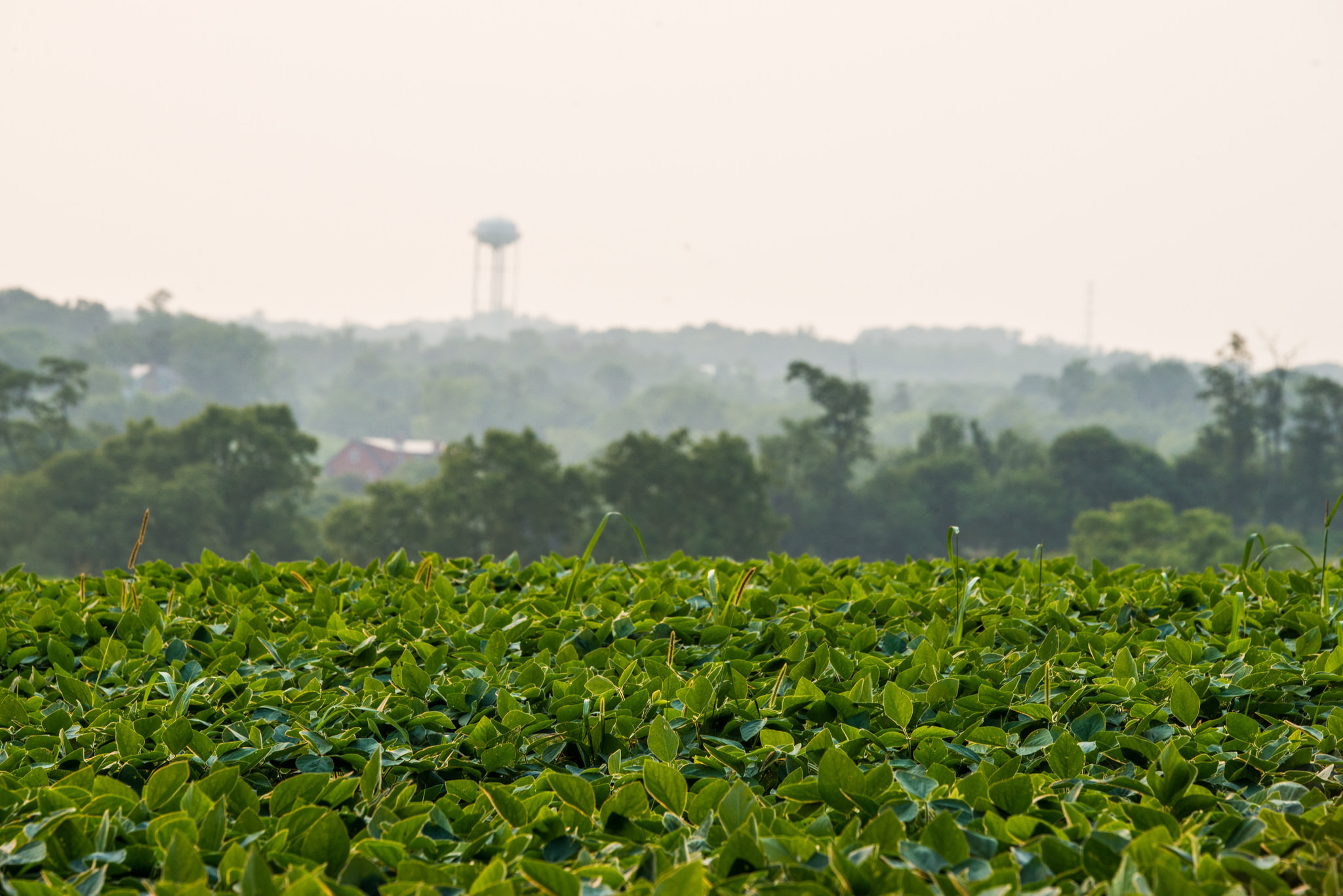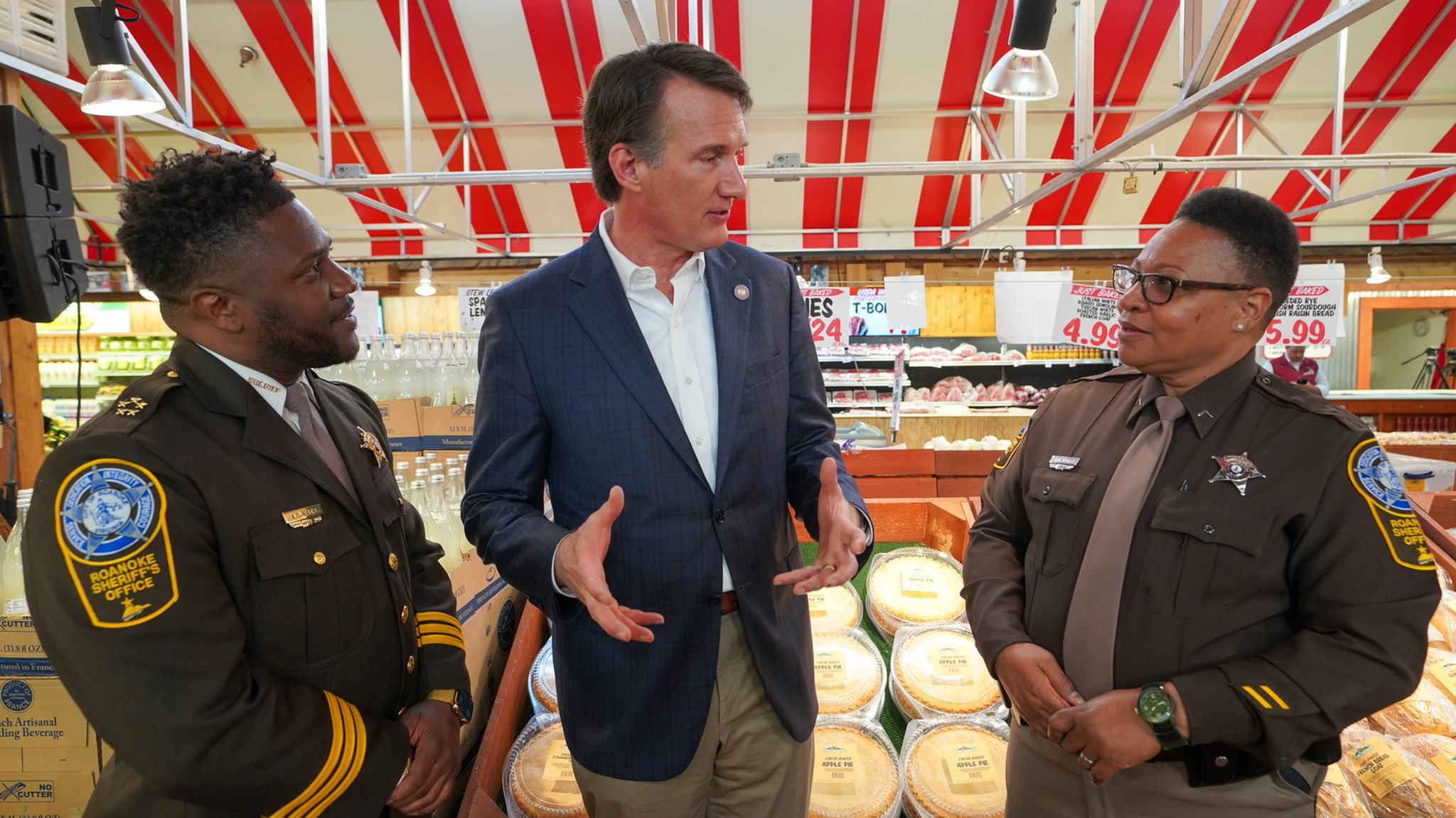In 2017, Virginia farmers saw the highest ever yield of soybeans and peanuts on record, according to agriculture officials in the commonwealth, as reported by WHSV. On Tuesday, the Virginia Department of Agriculture and Consumer Services (VDACS) announced the figures which is better than expected news for farmers that work in the state’s largest private industry.
The department stated that the annual production for soybeans for Virginia’s farmers has increased nearly 20 percent since 2016 and is now estimated at 26 million bushels. Additionally, peanut farmers in the commonwealth have increased their yields by 60 percent in the same time frame, now estimated to have produced 123 million pounds.
In a report from Lancaster Farming, the current crop yield for farmers in Virginia’s estimated 590,000 harvested acres is reported to be nearing 26.6 million bushels. This is a 23 percent increase from yield recorded in 2016.
Sands Gayle, the head farmer of Mount Nebo Farms in Bloxom, Accomack County, Virginia, said to reporters, “I wouldn’t call it a record-breaking year, but I would call it a year far better than our county averages typically run.” He explained farmers around the state have been more than fortunate to have had a decent climate cycle of the past year that allows private farms to break even. “Grain prices all the way across the board need to be $1, $2 more per bushel … just to make it where it’s more feasible to grow,” Gayle said.
As of last week, the U.S. Department of Agriculture (USDA) published their crop prices for peanuts. Runner peanuts were $424.32 per ton, Spanish peanuts at $413.60 per ton, and both Valencia and Virginia peanuts were listed at $430.46 per ton.
Around 44,800 farms cover over 32 percent of land in the commonwealth.Agriculture provides people in Virginia with over 334,000 jobs and has a $70 billion annual economic impact, according to the latest figures from VDACS.
Cotton, another large crop in Virginia is also said to have a big estimated increase from the previous year. However, corn did not meet the expectation of farmers in Virginia in 2017. Herman Ellison, a Virginia state statistician with the National Agricultural Statistics Service (NASS), explained that it could be based on a number of factors.






